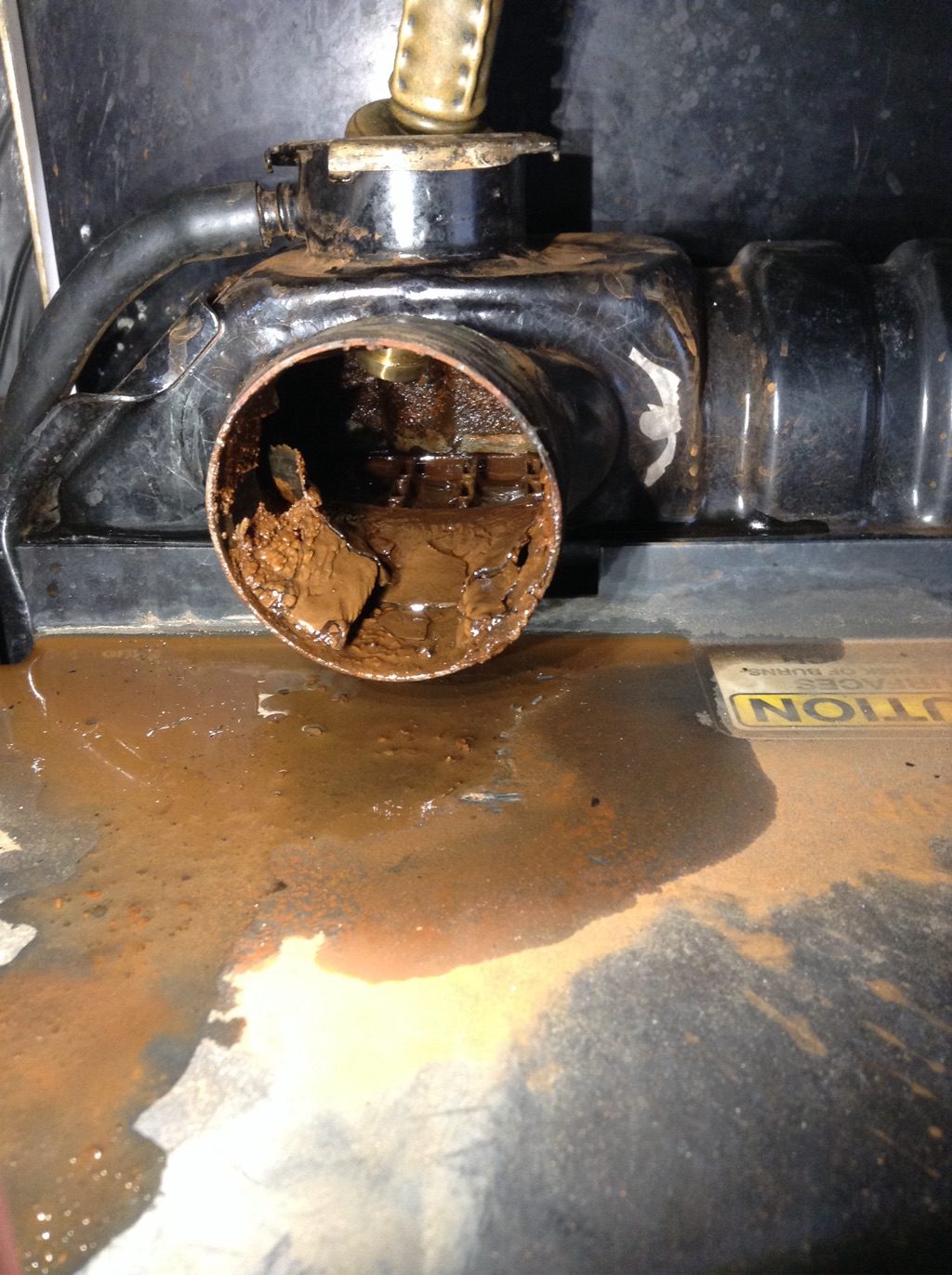Why Spring and Fall Are Ideal Times to Change Coolant in Your Emergency Generator

As the seasons transition from the harsh cold of winter to the vibrant renewal of spring, it’s essential to ensure you know the ideal times to change coolant for your emergency generator so it’s prepared for the changing weather conditions.
One often overlooked aspect of generator maintenance is the cooling system. Like any other engine, your generator requires proper coolant to function efficiently and reliably.
After decades of maintaining generators, we’ve found that Spring and Fall are the ideal times to change coolant in your emergency generator for optimal engine maintenance.
Table of Contents
Optimal preventative maintenance
Changing the coolant in your generator is a proactive step toward preventing potential breakdowns and costly repairs. Over time, coolant can degrade and become less effective at regulating engine temperature. By replacing the coolant regularly, you can maintain optimal engine performance and extend the lifespan of your generator.
Ideal times to change coolant regulate the engine’s temperature
Spring and fall are transitional seasons characterized by fluctuating temperatures. Proper coolant ensures that your generator’s engine stays within the ideal temperature range, regardless of external conditions. This is particularly important in the Northeast, where winters can be bitterly cold and summers scorching hot. Fresh coolant helps prevent overheating in the warmer months and freezing in the colder months, ensuring reliable operation year-round.
Protection against corrosion
Coolant not only helps regulate temperature but also serves as a corrosion inhibitor, protecting the various components of your generator’s cooling system.
The Northeast’s climate, combined with cold winters and humid summers, can accelerate corrosion if the coolant is not changed regularly. By replacing the coolant before the onset of winter and again in the spring, you can mitigate the risk of corrosion and prolong the life of your generator.
Improved Generator Efficiency
Old or degraded coolant can impede heat flow within the engine, reducing overall efficiency. By changing the coolant at the appropriate intervals, you can ensure that your generator operates at peak efficiency, minimizing fuel consumption and reducing operating costs.
Peace of mind
Regular generator maintenance, including coolant changes, provides peace of mind, knowing that your emergency generator is ready to act when needed most. Whether during a power outage in the dead of winter or a severe summer storm, you can rest assured that your generator will perform reliably when called upon.
Conclusion
Changing the coolant in your emergency generator before the spring and winter months in the Northeast is a simple yet essential aspect of maintenance.
By doing so, you can prevent breakdowns, regulate engine temperature, protect against corrosion, improve efficiency, and ensure peace of mind.
At Weld Power Generator, we prioritize your generator’s reliability and performance. We encourage all generator owners to schedule regular maintenance, including coolant changes, to keep their equipment in top condition.
